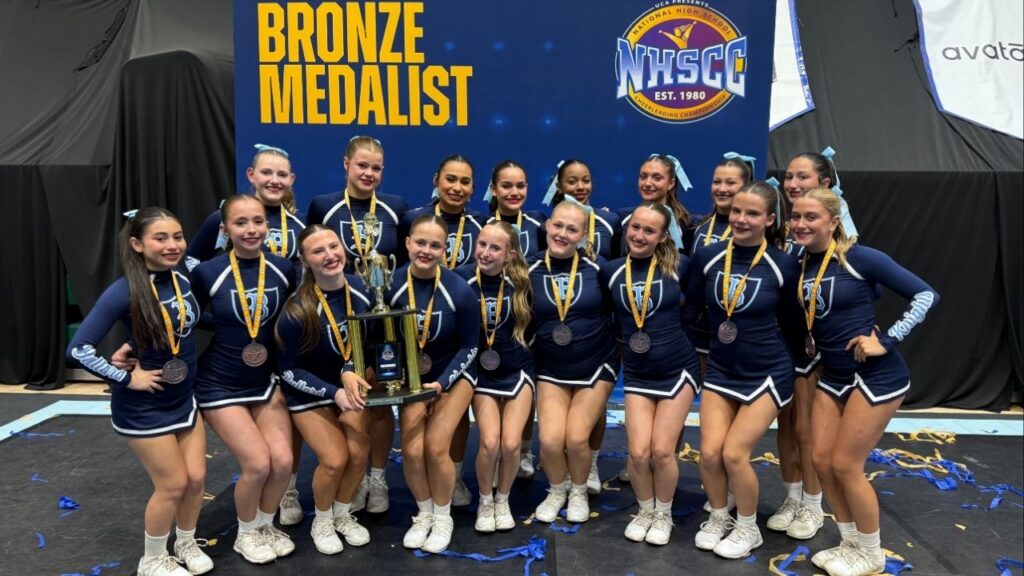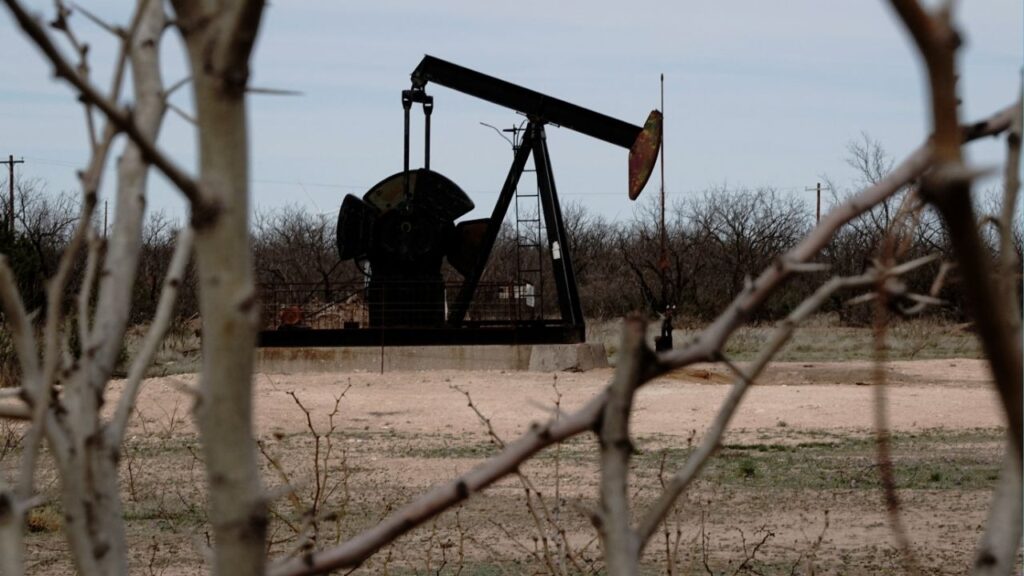Share
In the first of three straight days of hearings around the country, Californians let the federal Dept. of Transportation know how they felt about proposed regulations to change mileage standards.
For the most part, those who spoke in Fresno on Monday are against President Donald Trump’s proposal to, as opponents put it, roll back the standards.
The sessions heard comments on updating fuel economy and emission rules. The hearings move to Dearborn, Mich. today and Pittsburgh on Wednesday (Sept. 26).
DietzKamei said she is unable to leave her Fresno home on some days because the air is so polluted.
Environmentalists protested outside, hoisting signs reading, “Clean cars = Clean air” and chanting, “Clean cars now.”
California Delegation Testifies
On the 10th floor of the 1401 Grand (at the corner of Fulton and Tuolumne streets), federal officials heard testimony. At the start of the meeting, Jonathan Morrison, chief counsel of NHTSA said they would likely hear 12 hours of testimony without breaks, but it wound up being seven hours.

“This is a flabby exercise in muscle flexing,” Nichols said. She added that rolling back the federal regulations would lead to more pollution.
Becerra continued on the same note.
“Our state is about progress, not about backsliding to the last century,” he said. “Do your job. Withdraw this proposal.”
Becerra vs. Trump

“There is a way to do it. No one, including the occupant in the White House, is above the law,” Becerra said. “We all have to follow the rules. … All we are saying to the administration, if you got an idea, follow the rules. If it is better than what we got on the table, let’s explore it. You can’t arbitrarily or capriciously break the law by changing the rules.”
The EPA, in a document promoting the event, wrote “the current standards have been a factor in the cost of new automobiles rising to an average of $35,000 or more — out of reach for many American families. Indeed, compared to the preferred alternative in the proposal, keeping in place the standards finalized in 2012 would add $2,340 to the cost of owning a new car, and impose more than $500 billion in societal costs on the U.S. economy over the next 50 years.”
Auto Lobbyist Also Testifies
Not all the speakers on Monday voiced opposition.
Steven Douglas spoke on behalf of the Alliance of Automobile Manufacturers. He told the panel that he appreciated the standards review and supported a single national program.
“We believe the changes are appropriate to the standards. The consumers are not buying the most fuel-efficient products in the quantity needed,” Douglas told GV Wire after he spoke.
He wants California and the federal government to iron things out.
“When you have six sets of regulations from three different agencies covering the same vehicle, then it increases the costs and effects the affordability. Obviously, we want people buying the new cars, which are safer, cleaner, more efficient than any in history, so that’s why we want to keep one national program, one set of regulations,” Douglas said.
Ford CEO Opposes Rolling Back Standards
But Ford CEO Jim Hackett said in a speech last week that his company is against any freeze of the standards and favors “keeping the standard, not a rollback.”
“We have plans to meet it,” Hackett said.
The proposal announced in August by President Donald Trump’s administration would freeze U.S. mileage standards at levels mandated by former President Barack Obama for 2020. The standards regulate how far vehicles must travel on a gallon of fuel.
Under the deal finalized under Obama, the standard would rise to 36 miles per gallon by 2025 — 10 miles per gallon higher than today’s requirement. The goal was to reduce car emissions and save people money at the pump.
Looming over the administration’s proposal is the possibility that California, which has become a key leader on climate change as Trump has moved to dismantle Obama-era environmental rules, could set its own separate fuel standard that could roil the auto industry. That’s a change the federal government wants to block.
(Associated Press contributed to this story.)




















